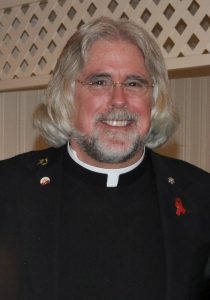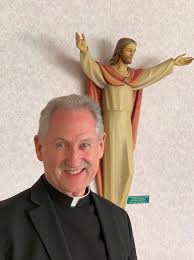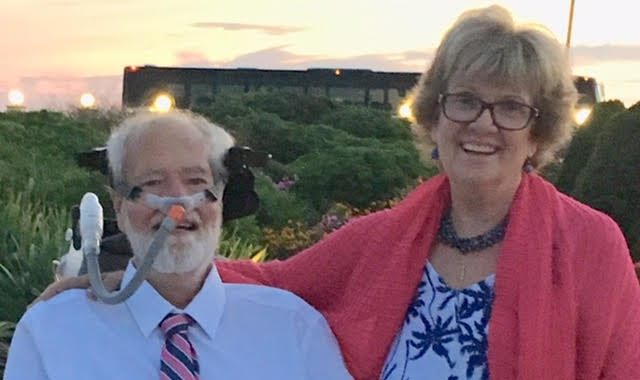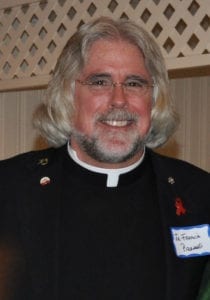By Fr. Francis Pizzarelli

It’s hard to believe that another school year has begun. I’ve started teaching again at Suffolk County Community College (SCCC). I have 35 extraordinary young men and women in my Introduction to Sociology class. That same week I started back at Fordham University’s Graduate School of Social Service. I teach second-year students clinical practice. They inspire me to keep coming back because of their passion, compassion, and commitment to wanting to truly make a difference in the world. I’ve been taking the 6:09 a.m. train from Ronkonkoma every Tuesday morning for 21 years. I look forward to it.
In the first week of September, I return to St. Joseph’s University in Patchogue. I will be teaching social science and social work to undergraduates.
Since the pandemic, I have observed a number of things with all of my students, no matter what the school or their level. In general, their capacity for concentration seems to be clearly impaired. I find a growing number of students more anxious and more distracted. The most disturbing observation is how many students are obsessed with their cell phones.
Recently, I asked my 35 college coeds at SCCC if they would be willing to freely surrender their cell phones at the beginning of each class. There were three or four students who volunteered and said they would be willing. The request ended with a very powerful conversation regarding cell phones. Their self-awareness and their honesty were most impressive.
Many college coeds are beginning to see the damage that cell phone obsession and dependency is causing. I think we need to continue the conversation and confront this issue because of the tremendous impact it is having on the next generation of students.
It is no secret that mental health among our students is a real concern. Many school districts and our larger community have increased their social work and mental health staff. We need to continue to address with outrage that many still attack mental health and substance use disorders with disdain.
As the new school year begins, I would encourage all our local schools, pre-K through 12th grade, to prohibit cell phone possession and use on all school grounds. On the high school level, I think there are creative ways to keep cell phones out of instructional settings and allow students to have access to them at the end of the school day.
We no longer can ignore the evidence-based research that underscores how negatively cell phone access 24 hours a day is impacting on our youth. Hopefully, our school communities including parents, will have the courage to take this issue seriously and to acknowledge how this is impacting on our youth’s mental health.
Father Francis Pizzarelli, SMM, LCSW-R, ACSW, DCSW, is the director of Hope House Ministries in Port Jefferson.





 Ten years into his teaching career the science teacher was struck with a terminal illness known as ALS-Lou Gehrig’s disease. For more than 27 years, Dr. Christopher Pendergast lived with ALS. He lived with courage, compassion and kindness. His lifelong companion, his wife, walked with him on this challenging journey.
Ten years into his teaching career the science teacher was struck with a terminal illness known as ALS-Lou Gehrig’s disease. For more than 27 years, Dr. Christopher Pendergast lived with ALS. He lived with courage, compassion and kindness. His lifelong companion, his wife, walked with him on this challenging journey.











